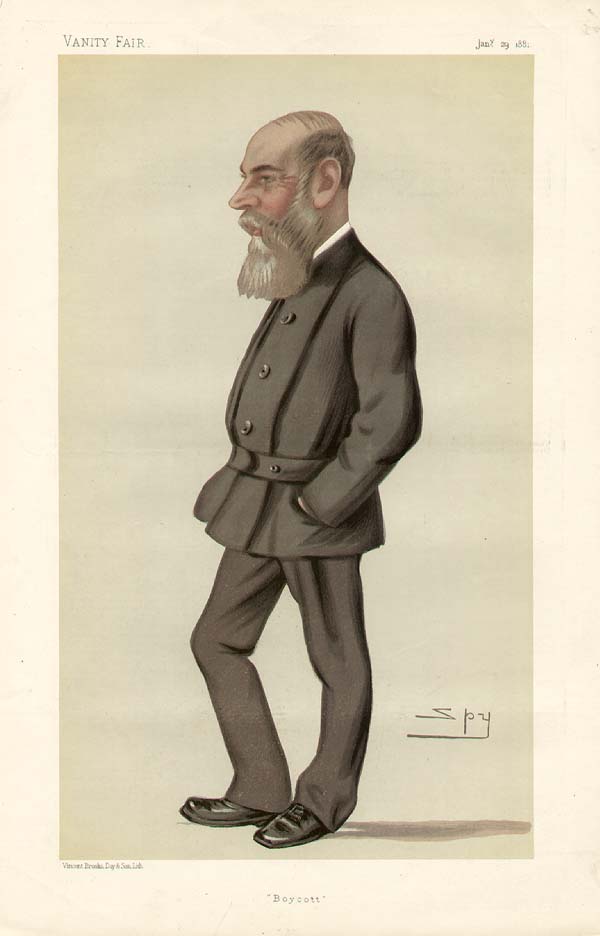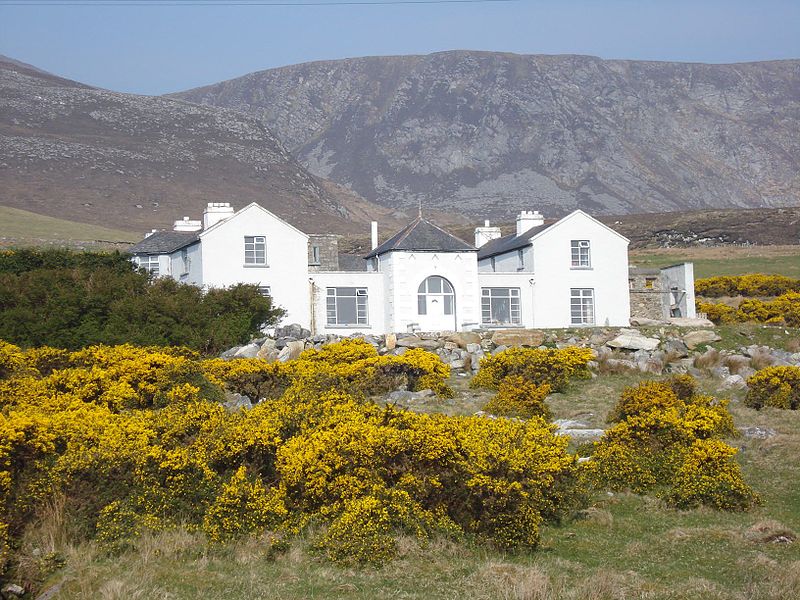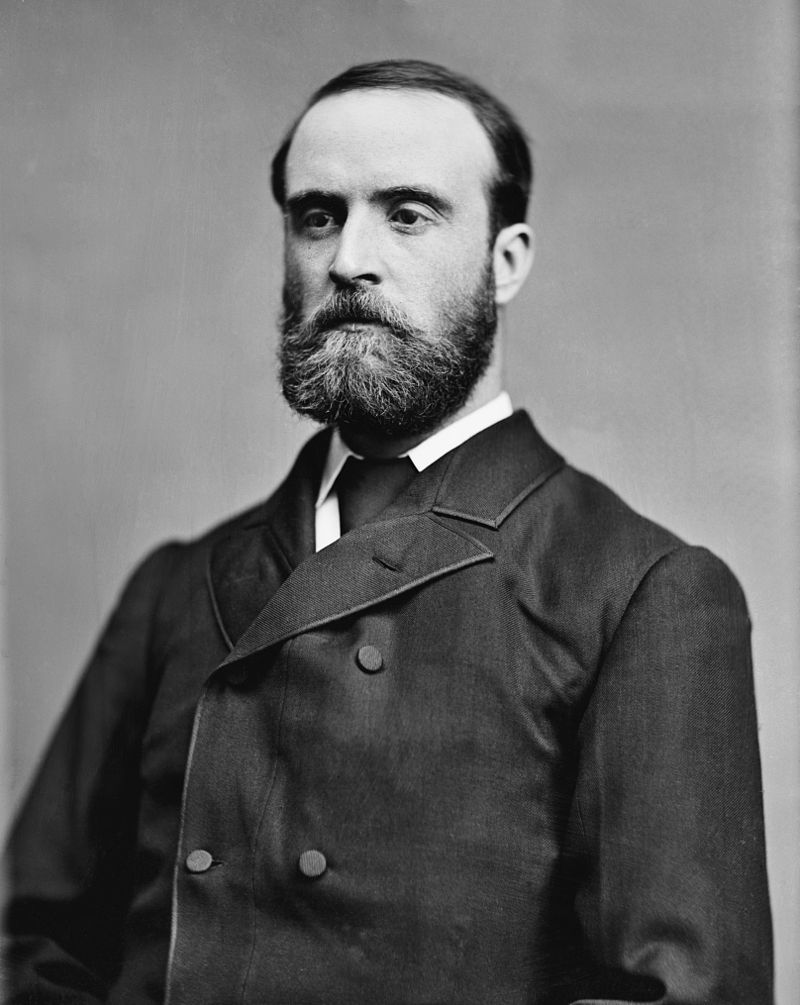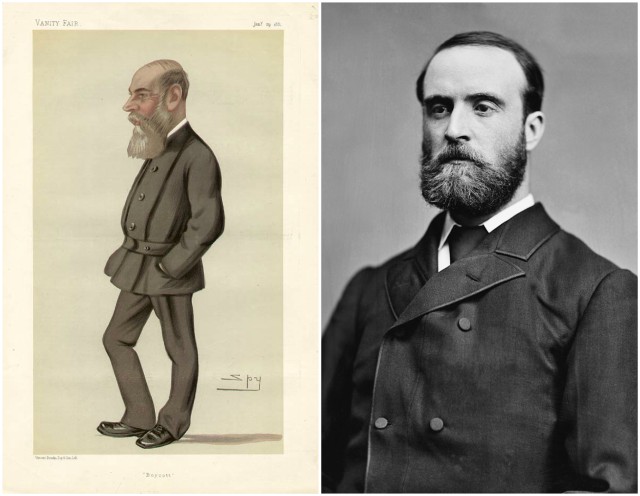A boycott is an organized, deliberate effort by consumers, workers, or businesses to avoid trade that benefits another group, business, or an entire country whose policies they disagree with.
There aren’t many people who’ve heard about Charles Cunningham Boycott, but almost everyone has heard his last name. There is a story that is attached to this man whose last name gave rise to a new word – Boycott.
Charles Cunningham Boycott was born on March 12, 1832, in the village of Burgh St. Peter, Norfolk, England. He was educated in Blackheath, London.

Even in his early years, he was interested in the military and he decided to enter the Royal Military Academy in 1848.
In 1849, he failed a periodic exam and he was discharged from the academy but in 1850 his family bought him a commission in the 39th Foot regiment.
His regiment was transferred to Belfast and later in Dublin where he got married. He was ill in 1852 and he had to sell his commission, but he remained in Ireland.
After he retired from the army he became an agent for John Crichton, 3rd Earl of Erne, who owned 40,386 acres in Ireland, 2,184 of them in County Mayo.
The Earl offered Charles the agency of his lands near Neale, and a lease on a farm of 629 acres with a good house with yard and stables, a ruined castle, two islands, a boathouse and sporting rights.

Boycott’s duty was to collect the rents from the other 35 tenants and generally look after the estate. At this stage, after twenty years in the county, he considered himself a Mayoman.
The problems for Boycott started in the year of 1879 when economic downturn caused a crisis in Irish agriculture and famine was a constant threat.
The Irish peasants began to organize in order to make demands for reduced rents.
Led by Home Rule advocates Charles Stewart Parnell and Michael Davitt they created the Irish Land League in 1879 in Ireland and told Boycott in 1880 that he must reduce rents by 25 percent.

Boycott refused to lower the rent but he didn’t expect that this decision he made would ruin everything he created in the past years.
The Mayo branch of the Irish Land League urged Boycott’s employees to withdraw their labor and began a campaign of isolation against Boycott in the local community.
They didn’t just refuse to work the land owned by Lord Erne but they didn’t even speak with him, no one would sit near him in church, or serve him in any way shape or form.
No one wanted to work for Boycott and in the end, much of the crop was ruined.
Boycott had to leave the island in disgrace and his name became a synonym for the concept of isolating someone in order to bring about change.
